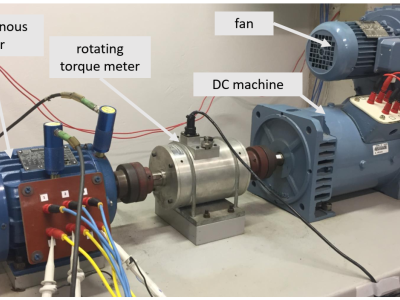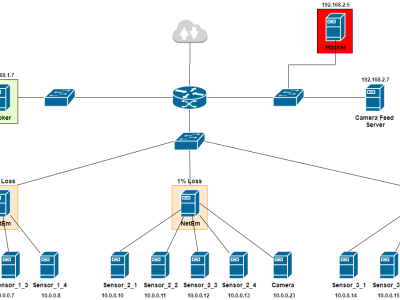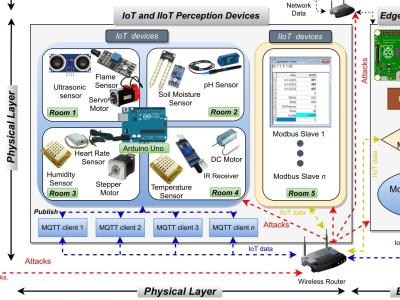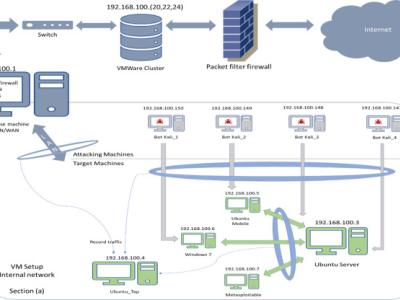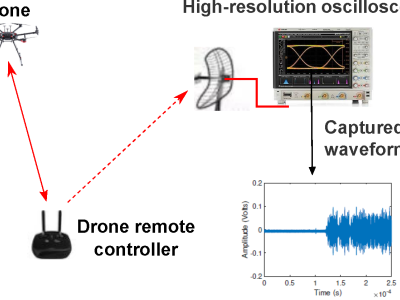Temperature data acquisition for a turkey hatchery.
- Citation Author(s):
- Submitted by:
- Anthony Maisincho
- Last updated:
- DOI:
- 10.21227/hsqh-5959
- Data Format:
 362 views
362 views
- Categories:
- Keywords:
Abstract
In order to obtain the constants of our PID temperature controller, it was necessary to identify the system. The identification of the system allows us, through experimentation, to find the representation of the plant to be able to control it.
The first data with name "data_2.mat" represent the open loop test, where the sampling frequency is 100 [Hz], this data was useful to find the period of the pulse train generator, which is twice the slowest sampling time analyzed between the high pulse and low pulse of the input.
The data with name "datos_3.mat" were preprocessed to be entered in the MATLAB identification system, as input we have the pulse train generator and in the output the temperature behavior before these variations, where in high and low reaches its respective point in stable state.
Instructions:
The files must be downloaded and placed in the same folder so that they can be compiled in MATLAB, remember that these data were obtained in open loop for their respective identification of this system.
In "data_2.mat" the first column represents the samples obtained, the second column the temperature(system output) and the third column the voltage(system input).The operating point is approximately 28.32°C which in steady state reaches 63.48 °C, in this range the user's desired set point should be found.
For the data of the file "datos_3.mat" were preprocessed to be entered into the MATLAB Toolbox system identification, the same that will be used to obtain the transfer function that represents the plant. Then this transfer function can be entered into the PID tuner Toolbox to obtain the PID controller constants.


